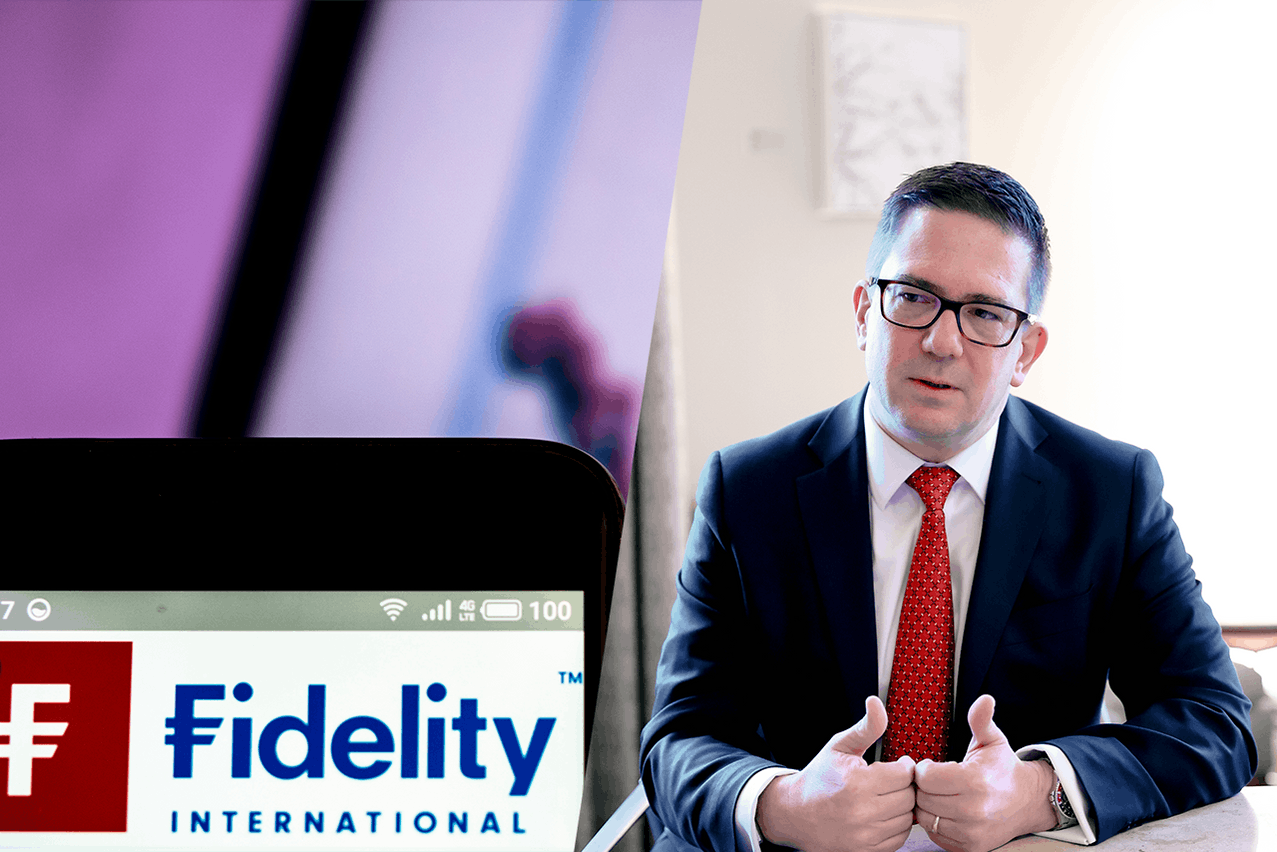Paperjam has often reported on the underperformance of traditional investment funds against their respective benchmarks. “It all depends on the quality of the underlying fundamental research,” says Stefan Kuhn of Fidelity International. “When you look at companies and engage with them, you should find something the market doesn’t know.” As an active management house, he thinks that the market “isn’t totally efficient yet.”
Performance: be mindful of the benchmark
Kuhn also provided a different perspective when looking at the underperformance issue. “These statistics take the fund performance after cost versus the benchmark in the prospectus... that’s the right thing to do if you’re looking at investments which are close to the index or trying to outperform the index only.”
However, he thinks that the approach does not capture the full picture. He argued that a dividend fund will likely use the MSCI World as the benchmark. “But as an investor, do I really care about the pure outperformance versus the MSCI World? Probably not, because you’re probably okay with an underperformance of a dividend fund on the way up. You want a defensive characteristic in that fund, so you want the fund to outperform on the way down.”
Paperjam is unclear whether performance providers such as Morningstar account for doubtful benchmarks against investment strategies when computing their statistics. On the other hand, it may be argued that it is the job of asset managers to select the best matching benchmarks, such as a dividend index in the example outlined by Kuhn.
In the meantime, Kuhn takes comfort from the current outperformance reported by the active ETFs from JPMAM and Fidelity in the US. “It is quite interesting, because everyone tells me the US is the most efficient market, you cannot outperform it. That’s why everyone went passive.”
In addition, it is an easier sale to convince investors that the after-cost potential return is greater with fees of 20 to 35 bps for its active ETFs against around 2% for traditional investment funds.
Liquidity management
“There’s no help in getting a properly active fund into an ETF on an exchange that trades on a 10% spread--that kind of defeats the whole purpose of the ETF,” said Kuhn. He explained that Fidelity has market makers maintaining a market on exchanges.
Kuhn stressed that investors should not expect for its products a liquidity comparable to the $50bn IShares on the S&P 500. However, retail investors should expect a liquidity, or a bid-offer spread of about 20 bps, but he also suggested that one should invest with limit orders.
Fidelity’s corporate strategy
Obviously, you need to grow a lot faster on a lower margin business than what you’re losing on the higher margin business.” He thinks that it will be hard to change the “money in motion” from traditional active management to ETFs. “If you can get superior returns at a very cheap price point, it’s almost a no-brainer.” Yet he thinks that it is a short-term trend. Should that be temporary, Kuhn believes that we will see the return of active stock picking. “Remove the Magnificent 7 stocks and it is a flat line.” He commented that most fund managers he knows are “fundamentally oriented,” making it “against the grain to buy super expensive stocks.”
Consequently, Fidelity continues to propose actively managed funds such as the Global Technology Fund which does not hold direct exposure to Nvidia, for instance, but rather in companies developing software behind AI. He thinks that these alternative investments may offer a less volatile option to investors.
Contrary to the US where there is a tax advantage for owning ETFs over traditional investment funds, Kuhn thinks the other advantage, i.e. live trading, is not so much an issue with European retail and even institutional investors. “I don’t think that the market in the next few years will go all on ETFs, because I just don’t see the advantage for the end client.”
The trading advantage may be important for some investors, but Kuhn argued that it is less so for the asset allocation of long-term investors. “Waiting a day or two for your Nav [net asset valuation] isn’t as important as picking the right fund in the first place.”
Assets that may go or not into an ETF
“In the US, the ETF is just a wrapper. You can wrap everything into it. You don’t have Ucits but you have the Securities Act of 1940,” said Kuhn. He received several calls from investors after the SEC approved the first bitcoin ETF, asking him whether Fidelity would do the same in Europe.
Kuhn reminded investors that the Ucits regulation does not permit a single underlying security. “That’s why we have an ETP, an exchange-traded product.”
Elsewhere, he argued that, whether it is an active or a passive ETF, “anything you cannot trade intraday should not be in it.” This is a clear and uncompromising statement that goes against some ETF promoters in the US including some banks loans while other are considering adding private debt and private equity.
This article was written for the to the , published on 26 February. The content of the magazine is produced exclusively for the magazine. It is published on the website as a contribution to the complete Paperjam archive. Click here to subscribe to the magazine.
Is your company a member of the Paperjam Business Club? You can request a subscription in your name. Let us know via club@paperjam.lu.
